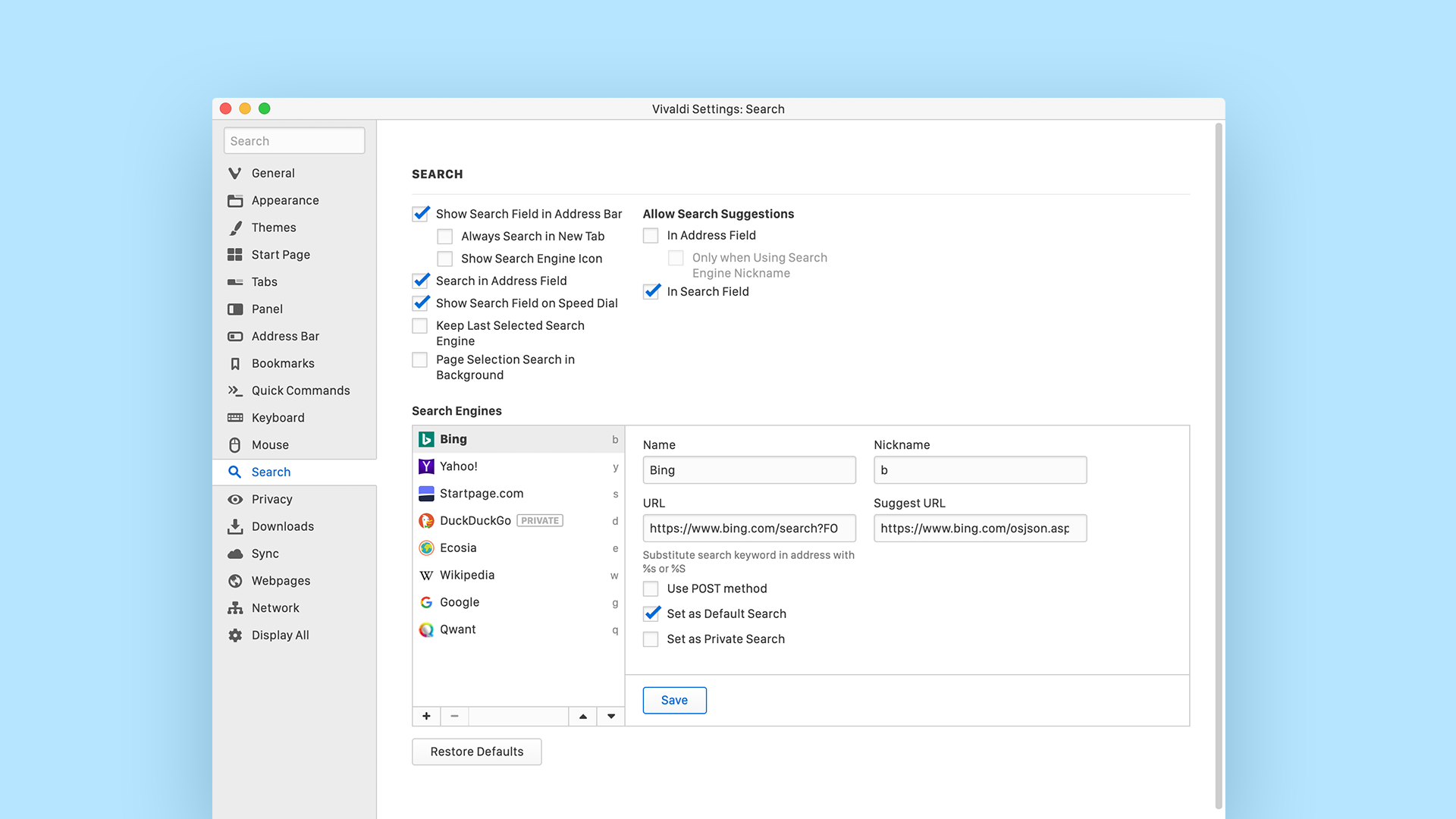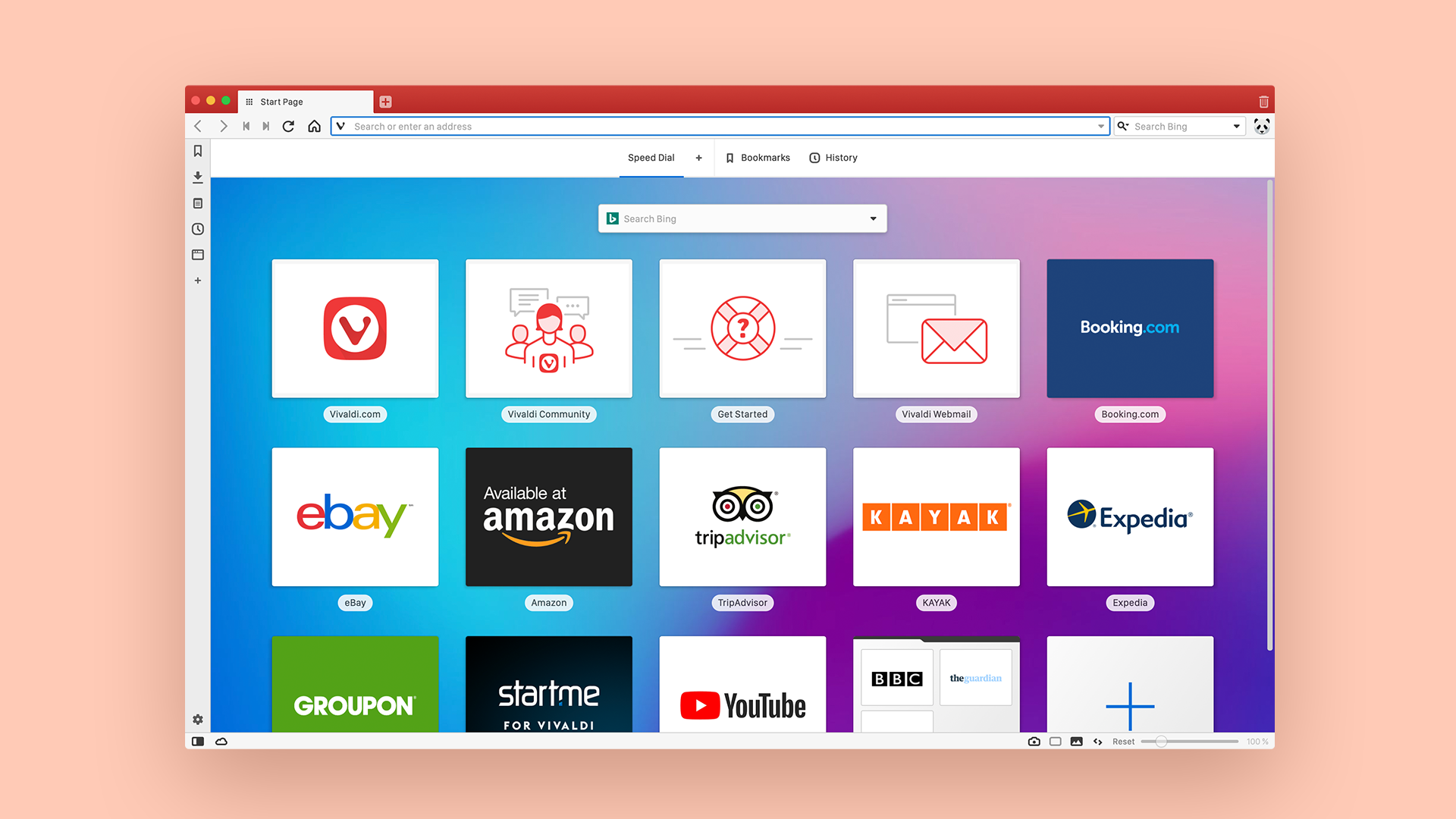Vivaldi: How does the browser make money?

A browser may have several sources of income. Someone uses user data for advertising targeting, someone makes money on promoting affiliate content, someone lives off third-party investments and donations. The company Vivaldi Technologies talked about where they get the money for the further development of the browser. Under the cut - the translation of this article.
Vivaldi Browser Business Model
Many IT companies (including browser developers) earn by collecting and analyzing user data. To believe that today some service could survive by completely abandoning the “trading” of information about its users is quite difficult.
However, Vivadli does not monitor user behavior or compile detailed profiles of their interests. Vivaldi generally does not collect data on what activities browser users perform while working on the network. In fact, we are confident that excessive collection of redundant data is harmful and even dangerous. The only data that we have is information about the number of active users, their OS and approximate location.
We created a browser, but how you use it, your interests, income, hobbies and work is not our business. And since you indirectly trust us with this information, we must do everything to protect your data .
We like to make a browser, and we are proud of our work. But we really need money ... Like any other company, we have to pay the bills, but we have chosen a more ethical way of earning.
So, let's figure out exactly what Vivaldi earns ...
Search engines

One of the company's main sources of revenue is partnerships with search engines. Each time you search for something using one of the predefined search engines, you help us develop our browser. We are currently collaborating with DuckDuckGo, Quant, Ecosia, StartPage, Yahoo, Bing and Yandex.
The only exception was Google: we do not have contracts with a search engine, but we understand that many use it daily. Therefore, we still added Google to the list of pre-installed search engines. By the way, if you look closely at alternative search engines, one of our previous notes may be useful to you .
Affiliate links

The second source of browser revenue is affiliate links. The first time you launch the browser, you will notice that it already has some links: for example, Booking , eBay , Kayak , Start.me , Amazon , AliExpress , Tripadvisor or Airbnb . Each time you open a site using our link or make a purchase on one of the partner online services, we receive income. Thus, simply by using sites that you are most likely used to, you help us work on our browser.
However, you are free to delete the predefined bookmarks or replace them with direct links. But we would like you to keep the links until you understand whether you need them or not.
From time to time, we may add links “for free”: for example, if it seems to us that some website may be useful to our users. And if after reading this text you have an irresistible desire to return once deleted affiliate links, you can simply copy them and add them manually.
Vivaldi mail and other services
Vivaldi serves as the basis for creating a large community of users, and, thanks to income from affiliate links and search engines, we can not only develop our browser, but also provide our users with a number of additional free services. For example, an email service and a blog platform.
Together with your Vivaldi account, you will receive both vivaldi .net email (servers are located in Iceland) and a blogging site. There is no advertising in our services, and they could well replace the usual solutions from other, larger and more well-developed companies. We do not earn and do not plan to make money on blogs and email service. We are sure that for the further development the money that the browser brings us will be enough.
Want to support a browser? Nothing is easier! You just use a browser, work with familiar websites and search engines, but it is because of this that Vivaldi exists. Tell your friends about us. The more people who learn about us, the more users we can attract, the more resources we can allocate to accelerate the development of the browser.
Original article
Translation: Alex Semёnov-Sherin
Correction: Shpankov
